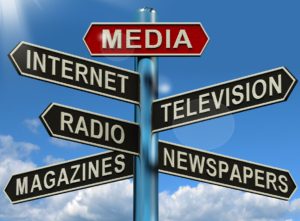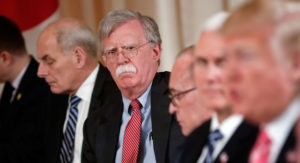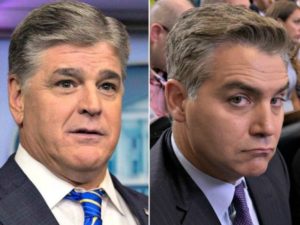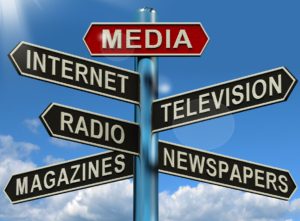I feel the need to say a good word about the so-called “enemies of the American people.”
These are the men and women of the media who at this moment are placing themselves in harm’s way to report on the impact of Hurricane Florence as it slams the Carolina coast.
It should go without saying, that the media are there to report on the impact of the storm, to tell human stories of grit, courage, survival and heartache.
Except that the president of the United States has chosen to label the media unfairly as the “enemy.” Why? Because the media at times report news he deems to be negative. He calls negative news coverage “fake news.” He denigrates the hard work of these individuals.
Hurricane Florence is bringing considerable damage to the east coast, just as Hurricane Harvey did a year ago to the Gulf Coast, and as Hurricane Maria did in 2017 when it savaged Puerto Rico and the U.S. Virgin Islands … and as Mother Nature does whenever she decides to unleash her untold wrath.
Americans who depend on the media need them to be there. Just as they do whenever circumstances warrant it, the media are answering the call.
They, too, deserve a nation’s prayers as they do their duty and tell the story as it unfolds in real time.







